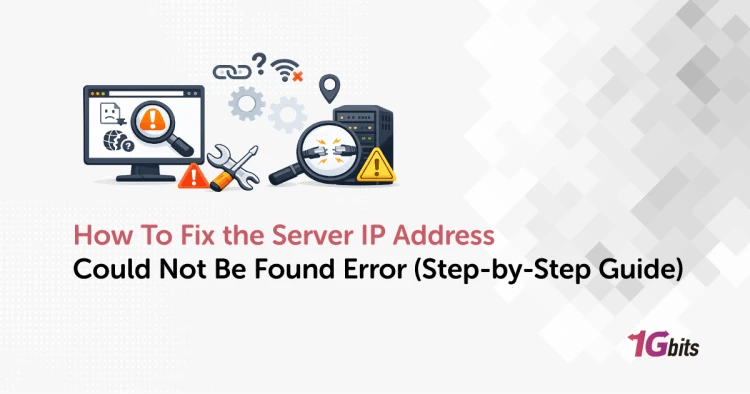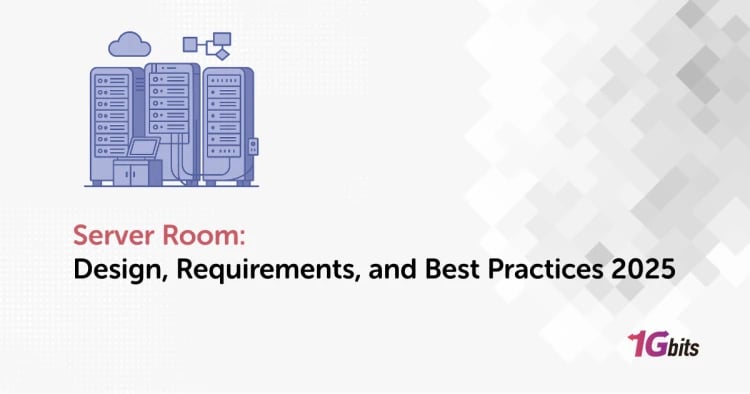As businesses increasingly handle sensitive user data, the demand for secure and compliant hosting solutions is rising. Germany stands out as a premier location for dedicated servers, offering unparalleled data protection and regulatory compliance. With strict enforcement of the General Data Protection Regulation (GDPR) and the Federal Data Protection Act (BDSG), choosing a Germany dedicated server is more than just a performance upgrade—it's a legal and operational advantage.
This guide explores everything you need to know about Germany dedicated server compliance and data protection in the context of Germany dedicated server hosting. We'll compare leading providers, explain Germany data protection laws servers, and provide practical tips to ensure your infrastructure meets the highest security, legal, and German server privacy standards.
Understanding Germany’s Data Protection Laws Relevant to Dedicated Servers
What is GDPR and How Does It Impact Dedicated Servers?
The General Data Protection Regulation (GDPR) is the cornerstone of dedicated server data protection Germany across the European Union. Enforced since May 2018, it governs how businesses collect, process, and store personal data of EU residents.
Key GDPR principles affecting dedicated servers:
-
Data Minimization: Only collect data necessary for a specific purpose.
-
Integrity & Confidentiality: Ensure appropriate security through encryption, access controls, and firewalls.
-
Accountability: Maintain detailed documentation and audit trails for compliance verification.
-
Right to Erasure: Individuals have the right to have their personal data deleted upon request.
How it applies to dedicated servers:
When you use a dedicated server in Germany, your organization becomes a data controller or processor depending on how you handle client data. This means you’re directly responsible for securing data hosted on your server—even if a Germany dedicated server hosting provider supplies the hardware.
For more about how dedicated servers work, see our detailed guide: What is a Dedicated Server
Overview of BDSG (Federal Data Protection Act)
Germany supplements GDPR with its national regulation, the Bundesdatenschutzgesetz (BDSG). The BDSG adds stricter conditions in certain areas, such as:
-
Employee Data Protection: Specific rules for how employers can process employee information.
-
DPO Requirements: Some businesses must appoint a Data Protection Officer, even if the GDPR doesn’t mandate it.
-
Fines and Enforcement: The BDSG strengthens local authority enforcement powers and allows state dedicated server data protection Germany agencies to act independently.
While GDPR sets the overarching framework, BDSG gives Germany-specific nuance that businesses must follow when Germany dedicated server hosting data within its jurisdiction.
Other Relevant Regulations and Certifications
IT Security Act (IT-Sicherheitsgesetz)
This German law mandates security requirements for operators of critical infrastructure and large service providers. It also promotes proactive vulnerability management and regular audits.
Common Certifications:
-
ISO/IEC 27001 – Information security management certification.
-
TÜV – German technical inspection agency certification for data center infrastructure and Germany dedicated server compliance.
-
RIPE NCC Membership – Ensures IPv4 and IPv6 allocations are directly tied to the provider, improving transparency and sovereignty.
By hosting in Germany, especially with Germany dedicated server providers like WORLDBUS and Leaseweb, businesses gain access to data centers compliant with these certifications—ensuring a trusted, verified infrastructure.
Compliance Requirements for Dedicated Servers in Germany
1. Data Location and Sovereignty
Why it matters:
German and EU law strongly emphasize the physical location of stored data. Hosting in Germany ensures your data stays under EU jurisdiction, making it immune to non-EU or Germany data protection laws servers such as the US CLOUD Act.
Legal implications:
-
Data must not be transferred to third countries without appropriate safeguards (like SCCs or adequacy decisions).
-
Customers must be informed where their data resides and how it’s handled.
Germany-based providers like Leaseweb offer full data localization with sovereignty guarantees, making them ideal for companies subject to data residency Germany dedicated server regulations.
2. Data Security Measures for Germany dedicated server compliance
To meet GDPR and BDSG obligations, businesses must implement the following security measures:
-
Encryption (At Rest and In Transit):
-
Use AES-256 or higher encryption for disk storage.
-
Secure communications with TLS 1.2+ for web and internal APIs.
-
Access Control and Authentication:
-
Implement role-based access controls.
-
Enforce 2FA for administrators and remote users.
-
Use audit logging to monitor all access attempts.
-
Network Security:
-
Deploy firewalls and DDoS protection.
-
Enable Intrusion Detection Systems (IDS) and regular vulnerability scans.
-
Isolate environments using VLANs or private subnets.
Germany dedicated server providers like WORLDBUS include DDoS protection, dedicated 1Gbps ports, and advanced firewall options—allowing you to fulfill these GDPR dedicated server requirements out of the box.
3. Contractual & Documentation Obligations
A compliant setup goes beyond technical security. Businesses must also ensure legal documentation is in place:
-
Data Processing Agreements (DPA):
-
A binding contract with your hosting provider that defines roles, responsibilities, and security guarantees.
-
Record-Keeping and Audit Trails:
-
Maintain records of processing activities as required by Article 30 of GDPR.
-
Log access to personal data and system modifications.
-
Breach Notification Procedures:
-
Notify the supervisory authority within 72 hours of a breach.
-
Inform affected individuals if there’s a high risk to their rights.
Top-tier German providers offer pre-built DPA templates and real-time monitoring tools to support documentation and reporting needs.
How to Choose a GDPR & BDSG Compliant Dedicated Server Provider in Germany
Key Features to Look For
When evaluating providers, prioritize those who offer:
|
Feature |
Why It Matters |
|
Transparent Privacy Policy |
Clear disclosure of how data is processed and secured |
|
Physical Server Location in Germany |
Ensures legal sovereignty and EU law protection |
|
ISO/TÜV Certifications |
Verifies that best practices for security and operations are followed |
|
DPA Availability |
Streamlines compliance and legal documentation |
|
Encryption & DDoS Protection |
Protects data and uptime against threats |
|
24/7 Monitoring and Support |
Quick resolution of incidents, audit-readiness |
WORLDBUS, for instance, operates its own infrastructure and offers extensive hardware customization with full DPA support—making it a trusted choice for Germany dedicated server compliance-driven businesses.
Questions to Ask Your Provider
To ensure your provider can support GDPR and BDSG compliance dedicated servers, ask the following:
-
Where are the servers physically hosted?
Must be within Germany or a GDPR-compliant country. -
How is customer data protected at rest and in transit?
Look for end-to-end encryption and modern protocols. -
What is your incident response plan in case of a breach?
Ensure alignment with the GDPR’s 72-hour reporting window. -
Are your data centers certified (e.g., ISO 27001, TÜV)?
Certification demonstrates a proactive commitment to compliance. -
Do you provide a DPA template or sign custom agreements?
Legal documentation is a non-negotiable requirement under GDPR.
✅ Ready to host in Germany?
heck out our fully compliant and high-performance German dedicated servers today.
Best Practices for Businesses Using Germany Dedicated Servers
To fully benefit from hosting in Germany and stay compliant with GDPR, BDSG, and other relevant regulations, companies must go beyond relying solely on their provider. Here are practical strategies you should implement internally and technically.
Internal Compliance Measures
Even with a secure server setup, your internal operations can put Germany dedicated server compliance at risk. Strengthen your data protection stance with the following actions:
-
Employee Training on Data Protection
-
Educate your team about GDPR and BDSG responsibilities, especially those handling customer data.
-
Provide regular refresher courses and document participation.
-
Regular Security Audits
-
Conduct internal and third-party audits to assess server configuration, access controls, and data handling practices.
-
Use audit results to make improvements and demonstrate accountability.
-
Data Minimization and Retention Policies
-
Limit personal data collection to only what is necessary.
-
Define how long data is stored and enforce deletion policies to comply with GDPR's right to erasure and storage limitation principles.
-
Appoint a Data Protection Officer (DPO)
-
Required under BDSG compliance dedicated server for many organizations, particularly if processing large volumes of sensitive data or monitoring behavior systematically.
-
The DPO should oversee privacy programs and act as a point of contact for data subjects and regulators.
Technical Configurations for Enhanced Data Protection
Your server environment needs to be configured not only for performance but also for legal dedicated server GDPR compliance. Here are the top technical practices:
-
Use Secure Remote Access
-
Access your server using a VPN or SSH with key-based authentication.
-
Disable root login and use non-standard ports for SSH.
-
Patch Management and Software Updates
-
Automate updates for your OS and web applications.
-
Fix known vulnerabilities as soon as patches are released.
-
Data Encryption
-
Encrypt all databases and backups using AES-256.
-
Force HTTPS using HSTS headers to secure web traffic.
-
Backup and Disaster Recovery
-
Regularly backup encrypted data to off-site locations.
-
Document and test disaster recovery procedures to ensure minimal downtime and compliance with GDPR’s data availability principles.
-
Firewall and IDS Configuration
-
Deploy host-based firewalls (e.g., iptables, UFW).
-
Use intrusion detection and log monitoring tools (like Fail2Ban, OSSEC) to flag suspicious activities.
Providers like WORLDBUS and Leaseweb already offer many of these features through add-ons or managed services, but final responsibility remains with the customer to configure and maintain them.
What is GDPR and How Does It Impact Dedicated Servers?
GDPR (General Data Protection Regulation) is an EU law that regulates how organizations collect, process, and store personal data. In dedicated server environments, GDPR applies to both data controllers and processors, requiring encryption, access controls, documentation, and breach notification procedures to ensure lawful data handling and user privacy.
Key Compliance Requirements for Dedicated Servers in Germany
Here’s a checklist of compliance essentials:
-
Host data within German or EU jurisdictions
-
Use encryption for data at rest and in transit
-
Implement strong access controls and 2FA
-
Maintain audit logs and system activity records
-
Sign Data Processing Agreements (DPAs) with providers
-
Have a breach notification and incident response plan
-
Conduct regular audits and vulnerability scans
-
Ensure ISO or TÜV-certified data centers are used
How to Choose a GDPR & BDSG Compliant Dedicated Server Provider
Use this provider checklist:
|
Feature |
Must-Have |
|
Physical location in Germany |
✅ |
|
GDPR & BDSG DPA availability |
✅ |
|
Encryption tools and DDoS protection |
✅ |
|
ISO 27001 or TÜV certification |
✅ |
|
SLA-backed support |
✅ |
|
Transparent data handling policy |
✅ |
Final Thoughts and Next Steps
Using a dedicated server in Germany isn’t just a performance choice—it’s a commitment to security, transparency, and trust. By aligning your infrastructure with GDPR and BDSG, you protect your users, your brand, and your bottom line.
At 1Gbits, we offer Germany Dedicated Server tailored for businesses seeking maximum control and compliance. Powered by enterprise-grade hardware, top-tier security, and 24/7 support, our solutions are ideal for developers, enterprises, and privacy-focused businesses.
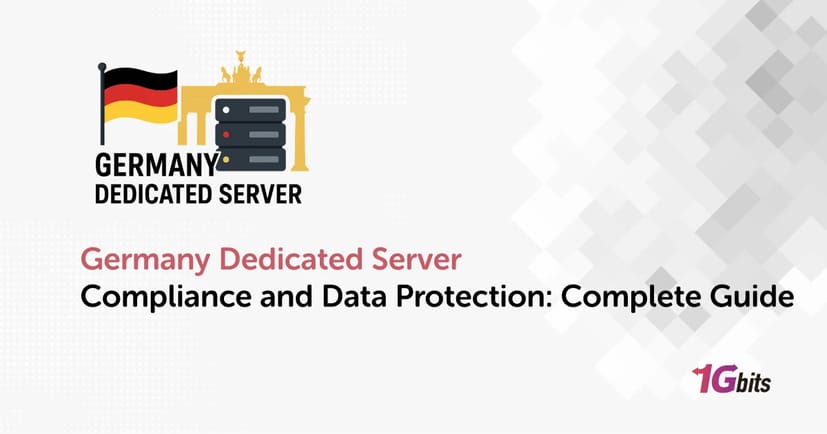


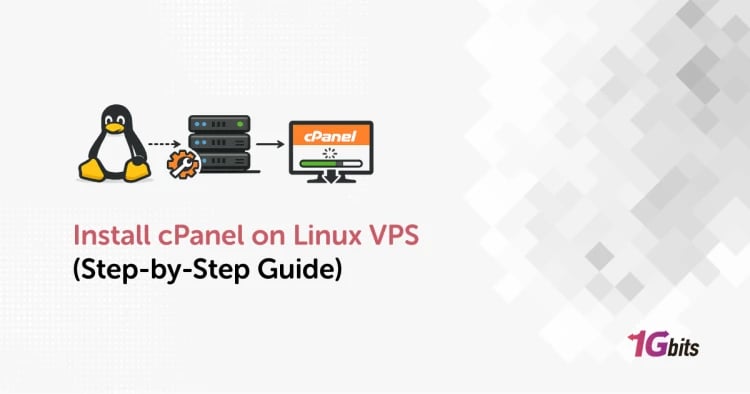

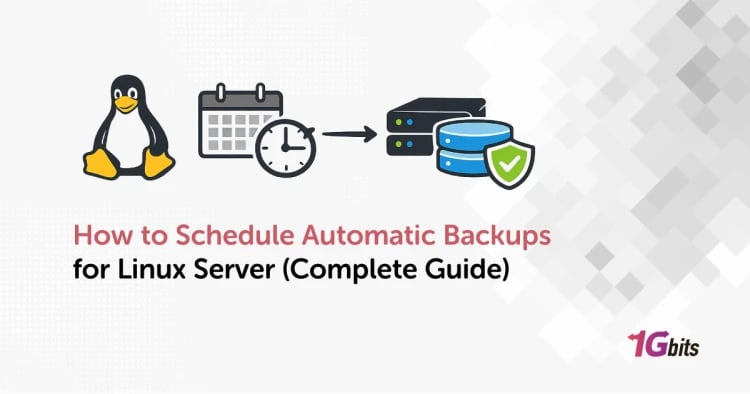
![What Is Cold Data Storage? ❄️ [2026 Guide] What Is Cold Data Storage? ❄️ [2026 Guide]](https://1gbits.com/cdn-cgi/image//https://s3.1gbits.com/blog/2026/02/what-is-cold-data-storage-750xAuto.webp)
